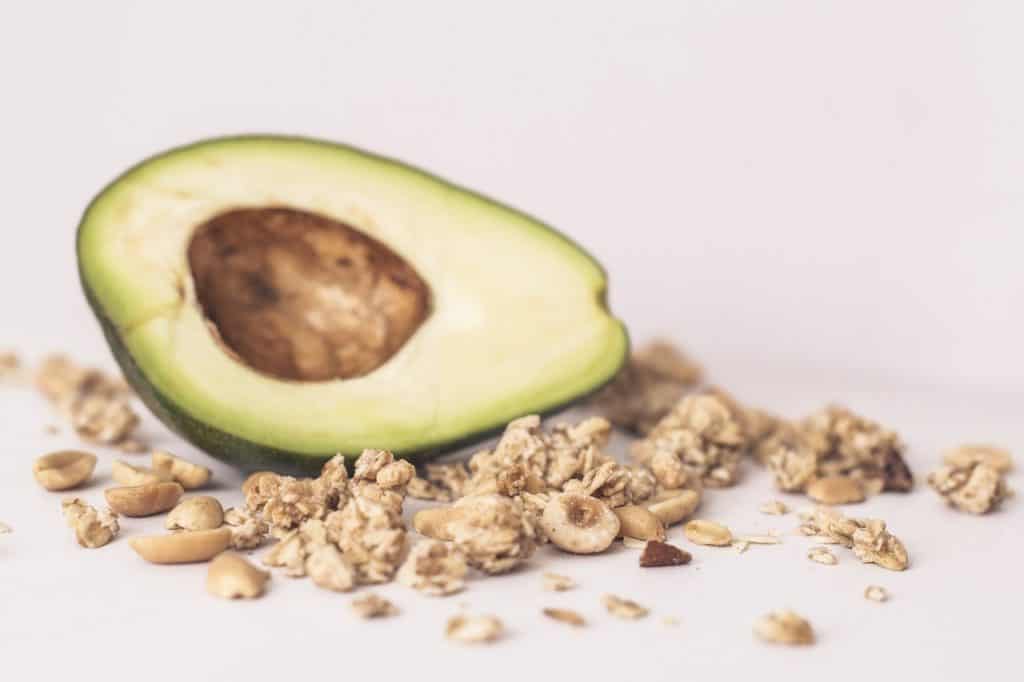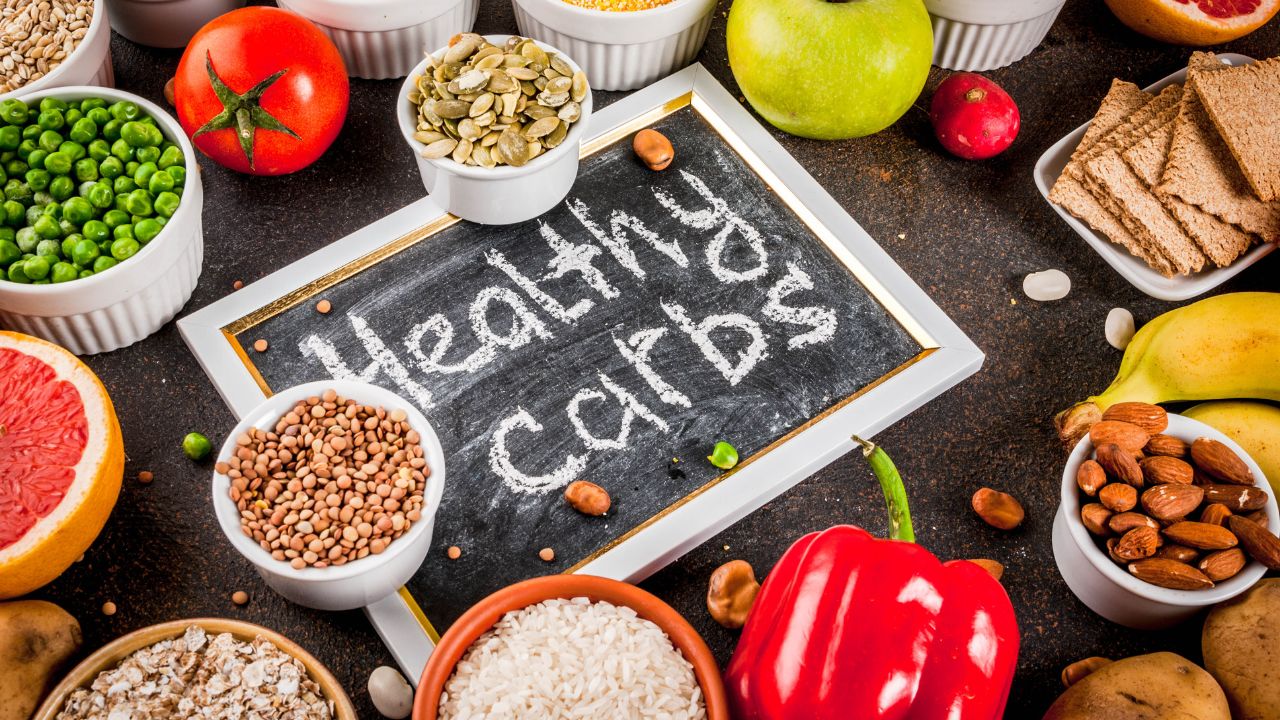Are you looking to start the keto diet? If so, you’re in for a real treat!
The keto diet is one of the most popular diets out there right now, and for good reason. It’s a great way to lose weight, improve your health, and feel better overall.
But before you dive in headfirst, there are some things you should know. In this article, we will discuss 6 tips that will help make your transition to the keto diet easier and more successful!
1. You Shouldn’t Cut Carbs Completely
One of the biggest mistakes people make when starting the keto diet is cutting carbs completely out of their diets. This is a huge mistake!
While you do want to reduce your carb intake on the keto diet, you don’t want to cut them out entirely. Why?
Because carbs are actually an important source of energy for your body. When you cut carbs out completely, you’re likely to feel tired, sluggish, and just overall terrible.
So, instead of cutting carbs out completely, aim to reduce your carb intake to around 50 grams per day. This will still allow you to reap the benefits of the keto diet without feeling like complete garbage.
Cutting carbs completely drives your body into ketosis, which is when your body starts burning fat for energy instead of carbs.
This is the main goal of the keto diet, but it’s not something you want to force.
2. Make Sure You’re Getting Enough Fat
Another common mistake people make when starting the keto diet is not getting enough fat. This is a big problem because, as we mentioned, the keto diet is all about reducing carbs and eating more fat.
If you don’t eat enough fat, you’re likely to feel hungry all the time, have trouble losing weight, and just overall feel terrible.
So, make sure you’re getting at least 70% of your calories from fat.
3. Drink Plenty Of Water
When you start the keto diet, you’re going to be urinating a lot more than usual. This is because when your body burns fat for energy, it produces ketones, which are excreted in the urine.
This can lead to dehydration, so it’s important to make sure you’re drinking plenty of water. aim for at least 8 glasses of water per day.
4. Eat Plenty Of Salt
When you start the keto diet, you may find yourself experiencing what’s known as the “keto flu.”
This is a result of your body becoming adapted to burning fat for energy, and it can cause symptoms like fatigue, headaches, muscle cramps, and more.
It’s important to make sure you’re getting enough salt during this transition period to help reduce these symptoms.
Aim for at least 3 grams of salt per day. You can get this from eating salty foods or by adding a pinch of salt to your water.
5. Get Plenty Of Sleep
Sleep is incredibly important for overall health, and it’s especially important when you’re on the keto diet. This is because when you’re sleep-deprived, your body is more likely to crave carbs.
So, make sure you’re getting at least 7-8 hours of sleep per night. If you’re having trouble sleeping, try taking magnesium supplements or diffusing lavender oil in your bedroom.
Additionally, avoid caffeine after 2 pm to help ensure you’re able to fall asleep at night. It’s important to manage your stress levels when you’re on the keto diet.
This is because when you’re stressed, your body produces more of the hormone cortisol. Cortisol can lead to increased hunger and cravings, so it’s important to find ways to manage your stress.
One way to do this is by getting enough sleep.
6. Exercise
Last but not least, exercise is important for overall health and wellness, but it’s also important when you’re on the keto diet.
This is because exercise can help to increase your metabolism, which will in turn help you burn more fat. Exercise also helps to reduce stress levels, and we all know how important that is!
So, aim for at least 30 minutes of exercise per day.

In conclusion, the keto diet is a great way to lose weight and improve your overall health.
However, there are a few mistakes you want to avoid, such as cutting carbs completely, not getting enough fat, not drinking enough water, not getting enough sleep, and not exercising.
By following these tips, you’ll be on your way to success on the keto diet. Make sure to consult with your doctor before starting any new diet, and good luck!
We hope that this article was helpful!



